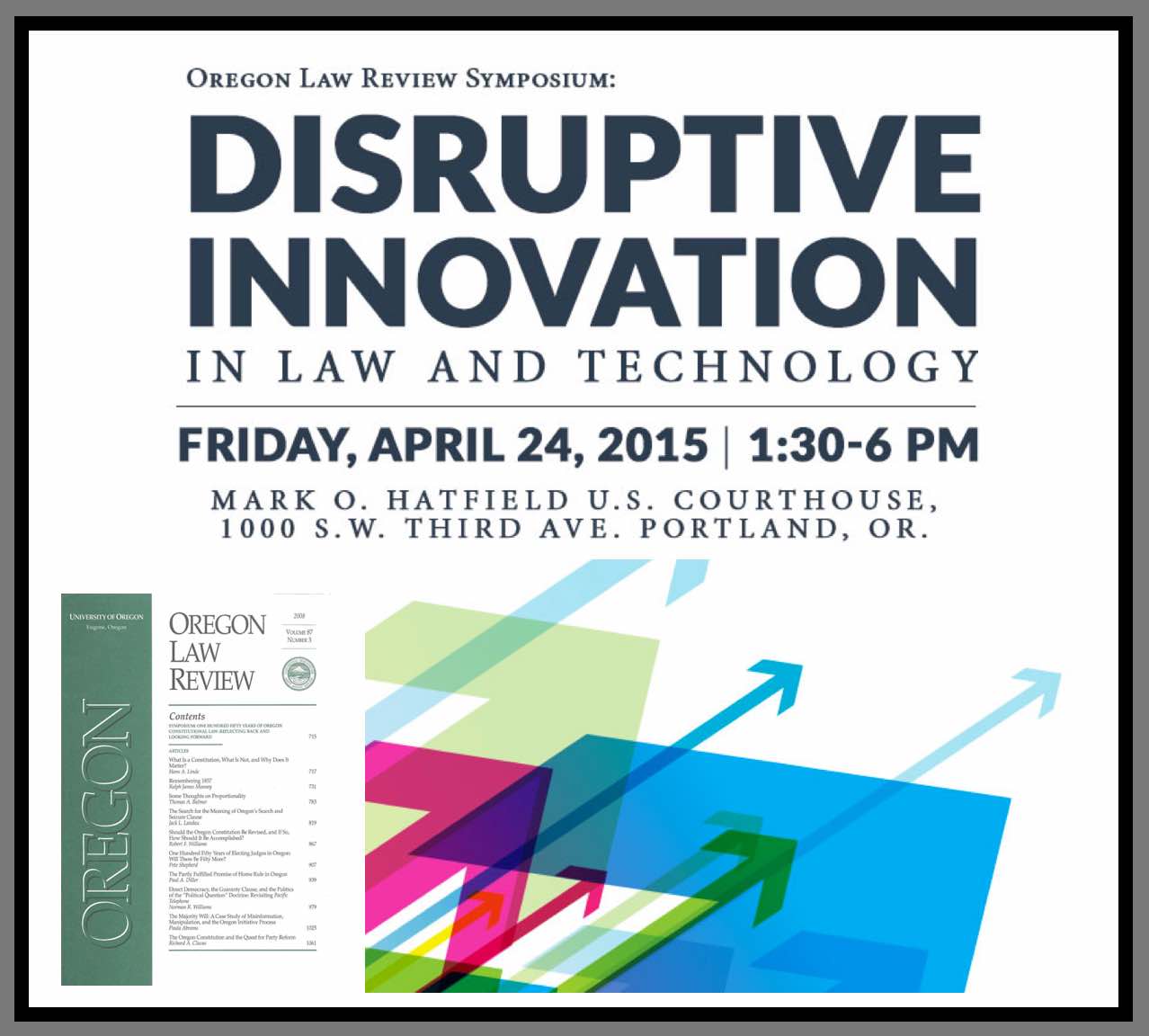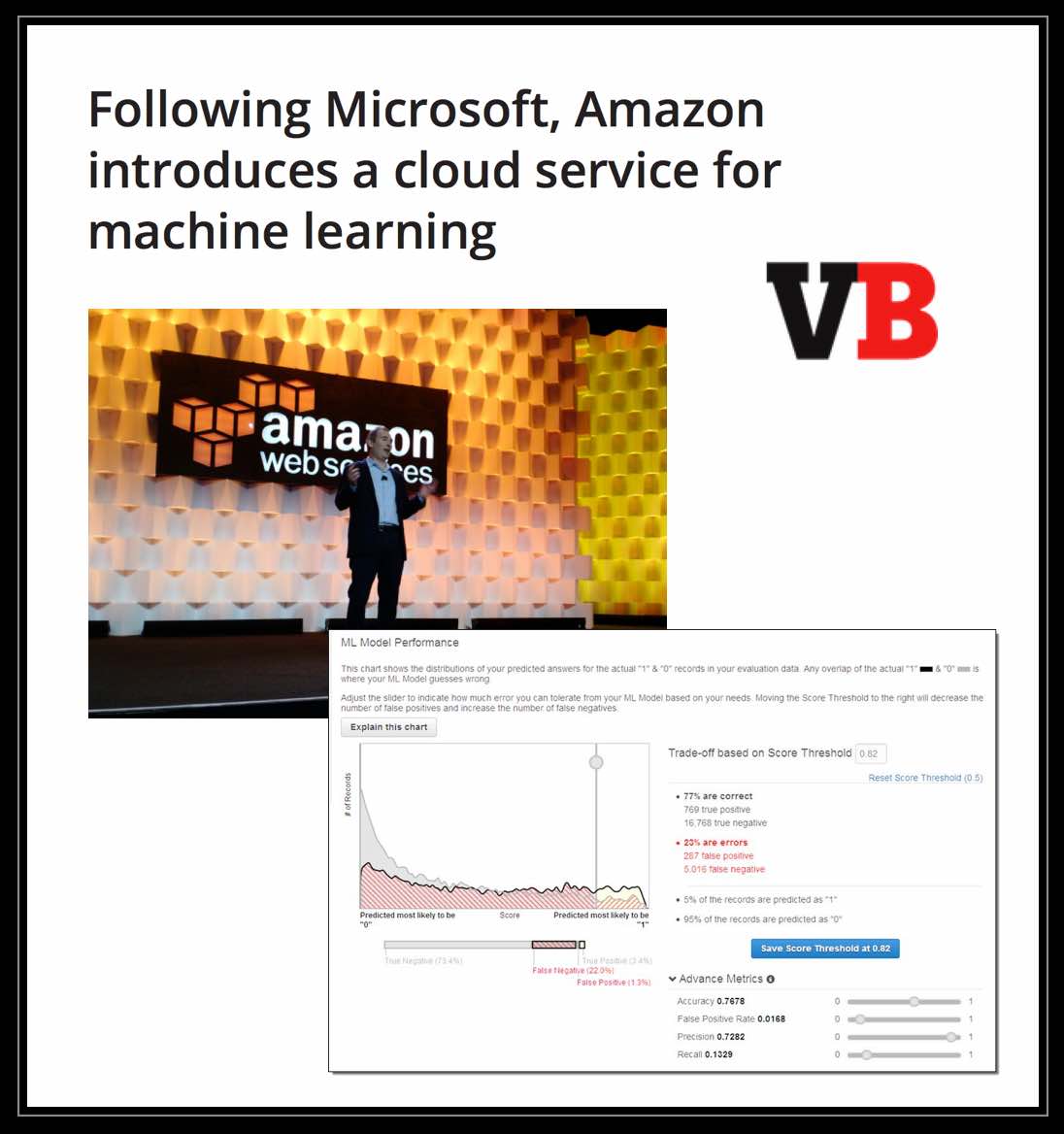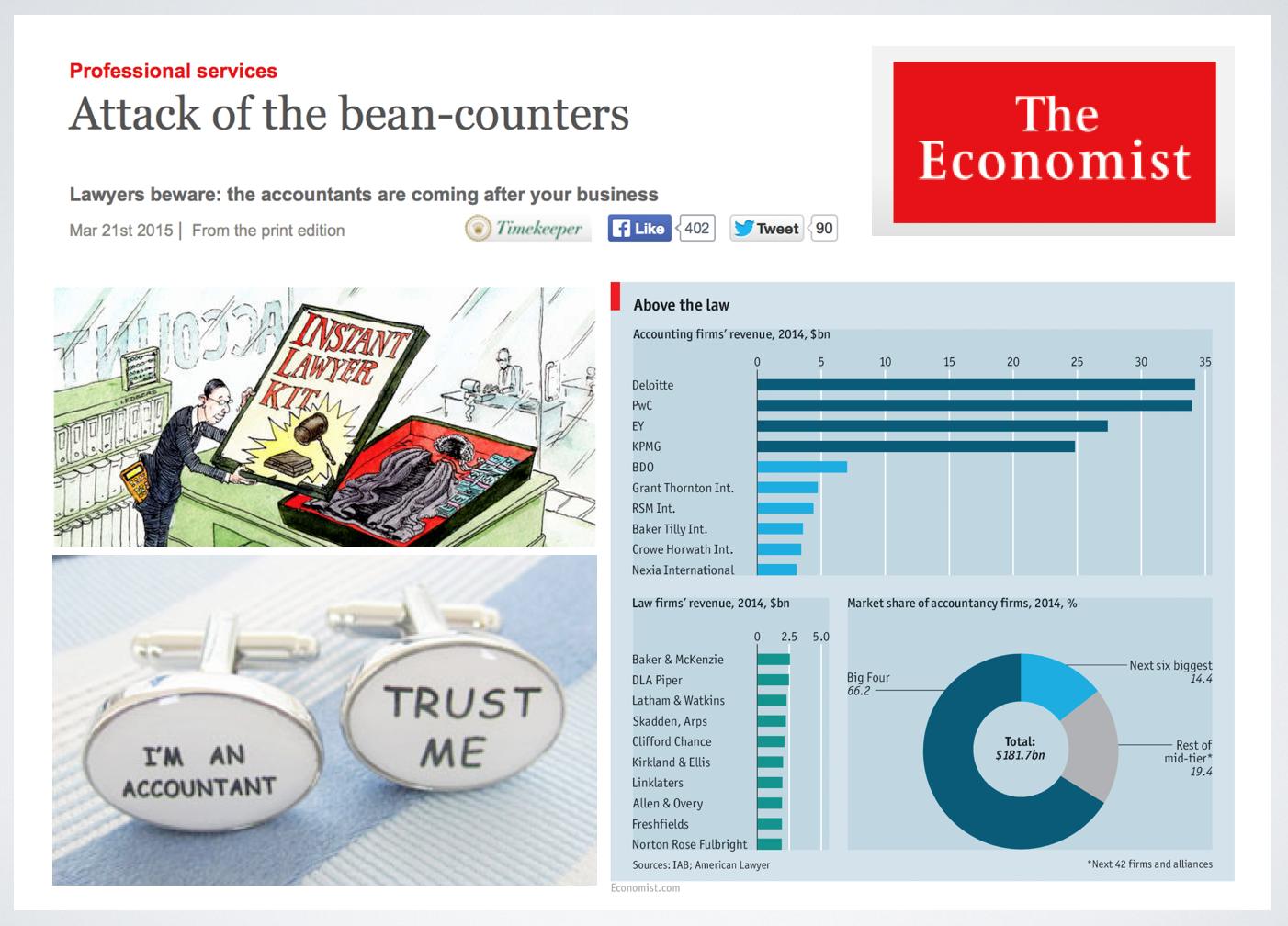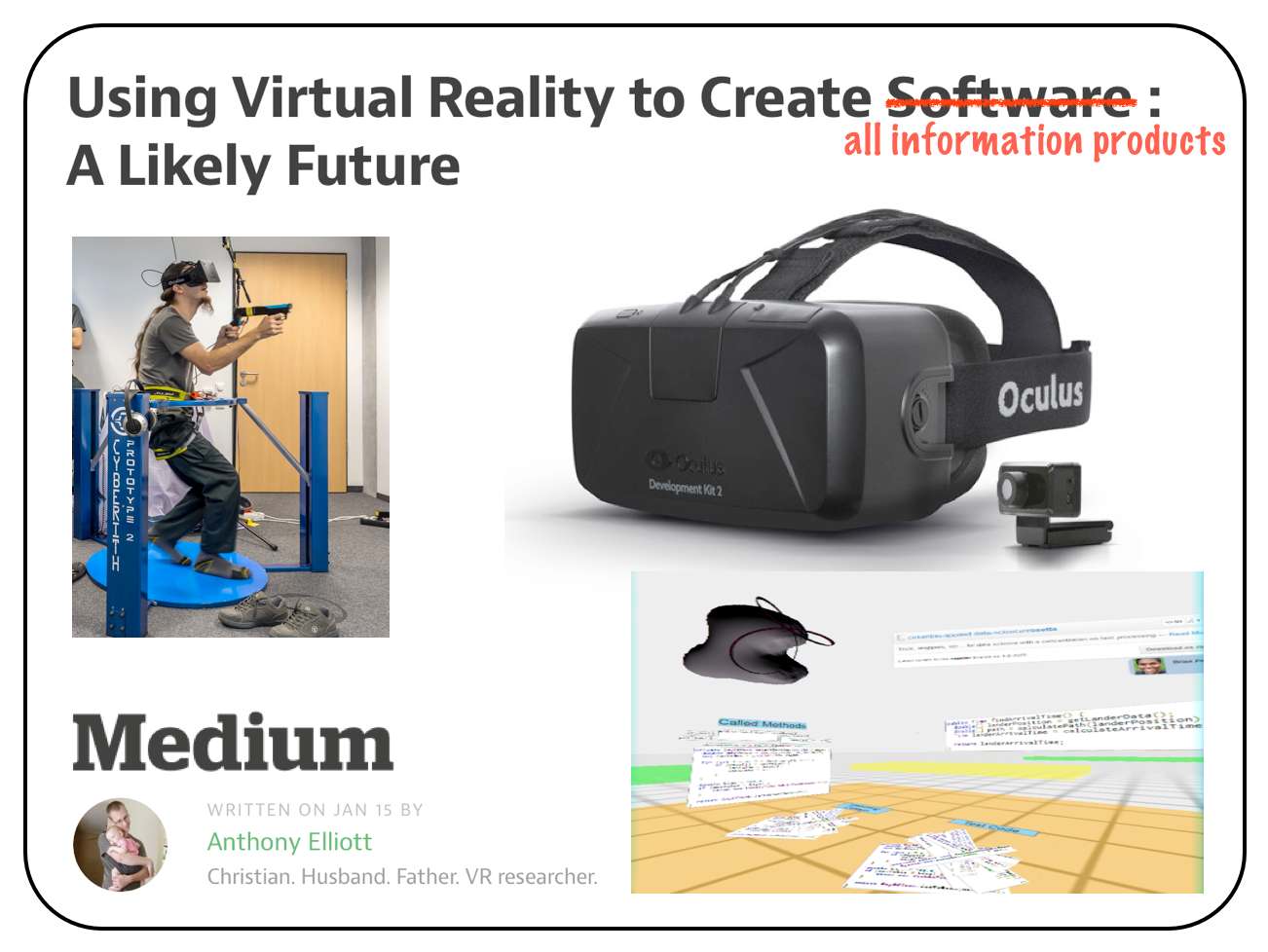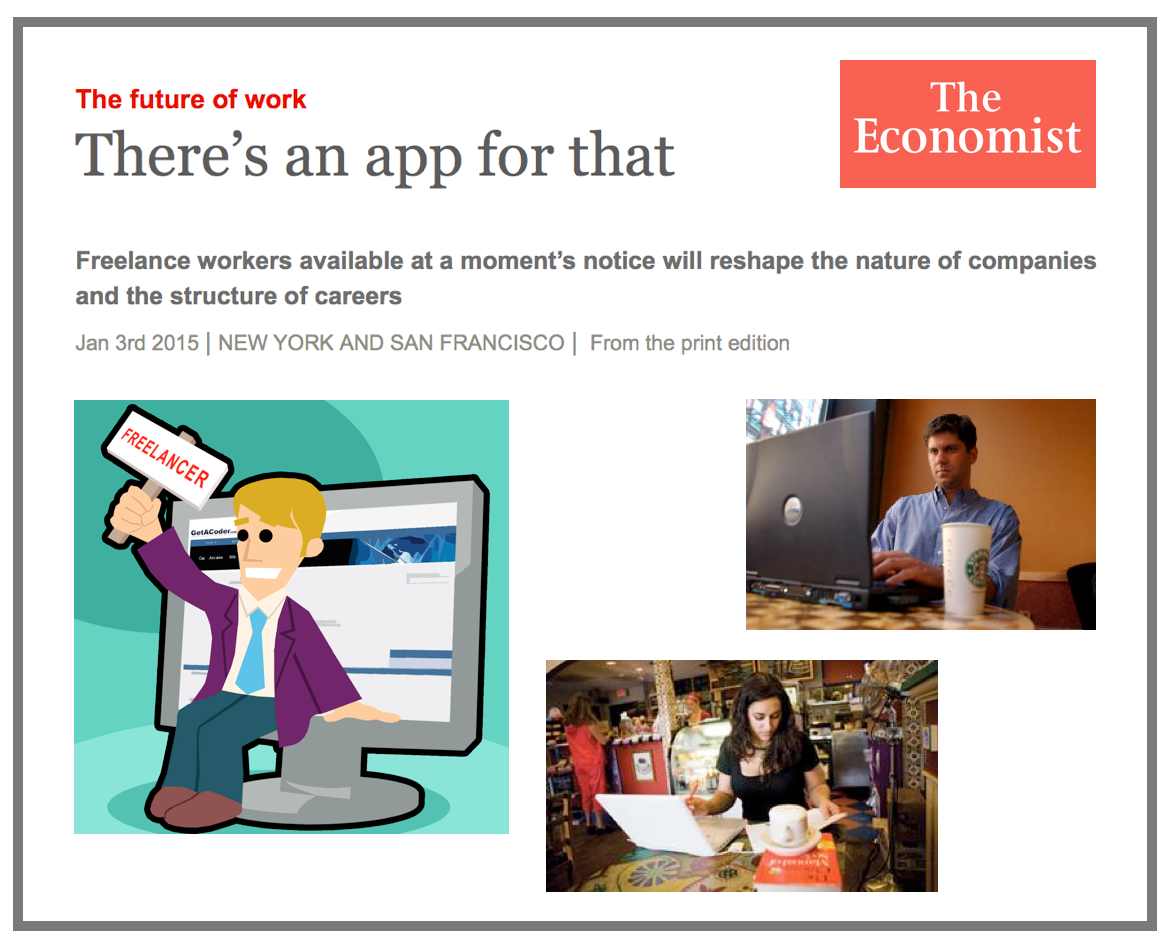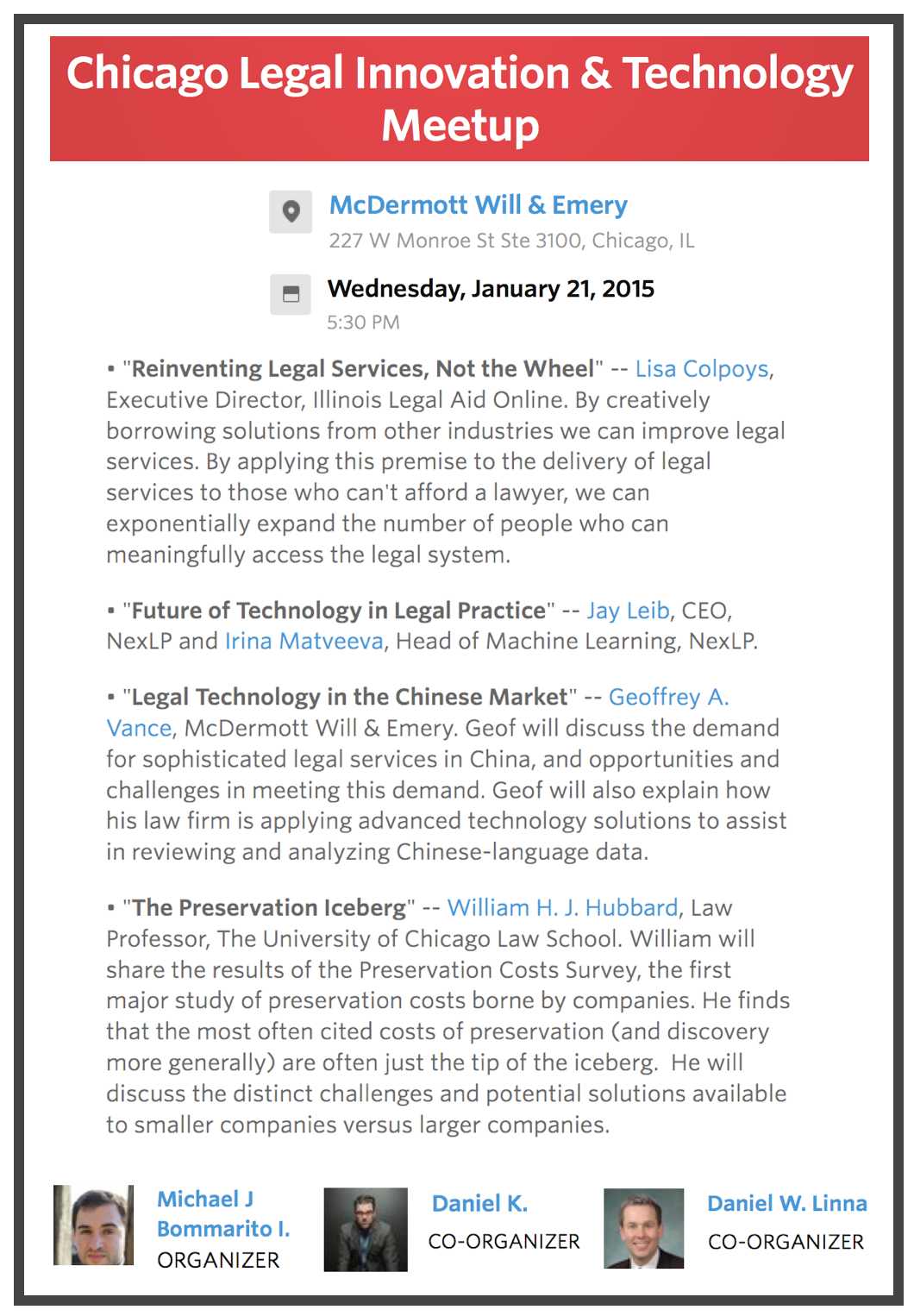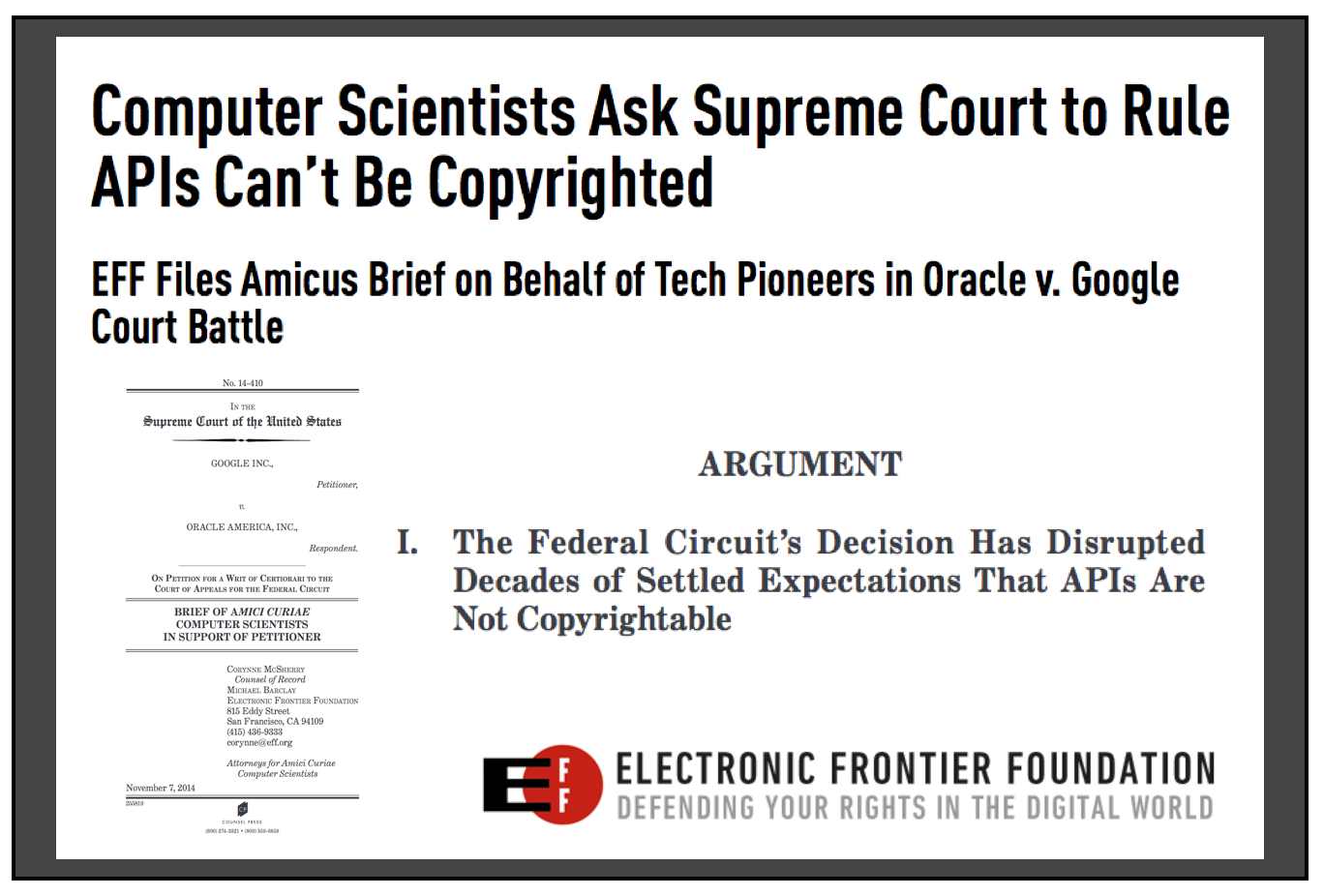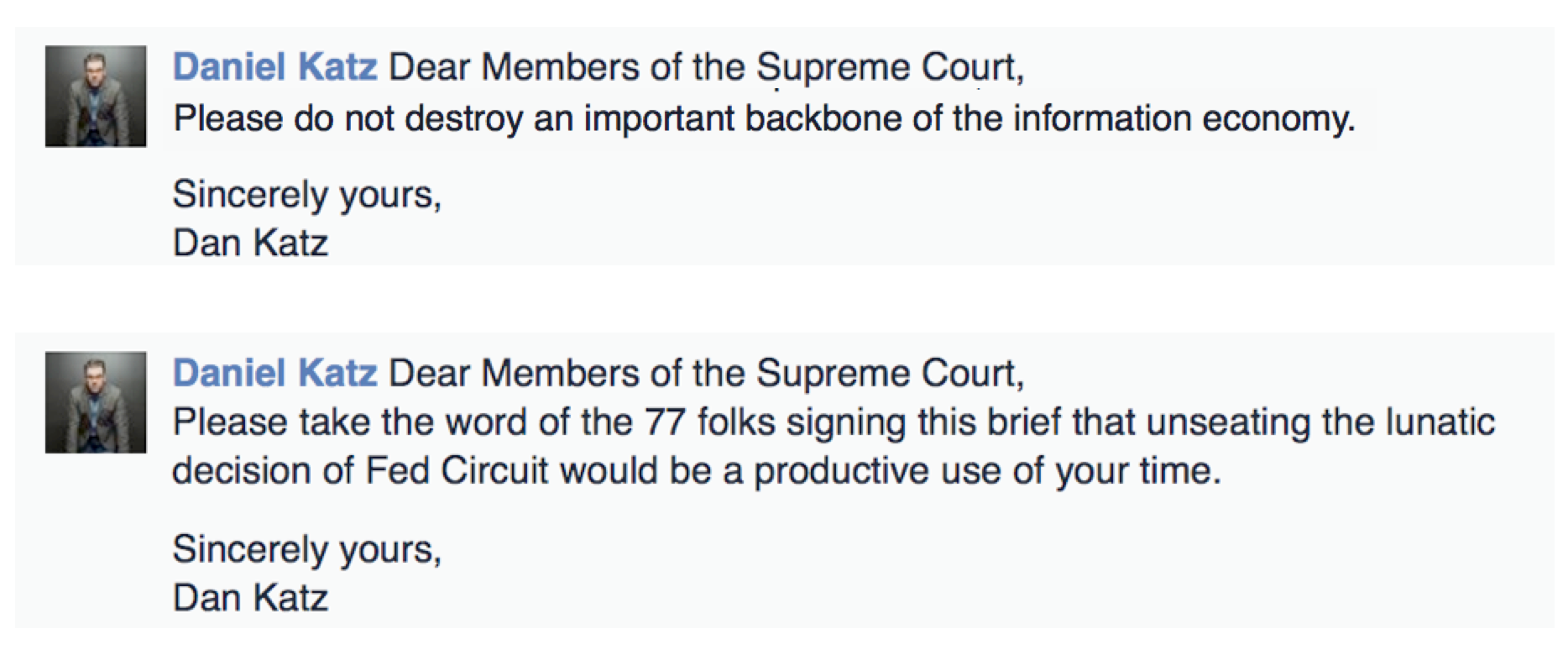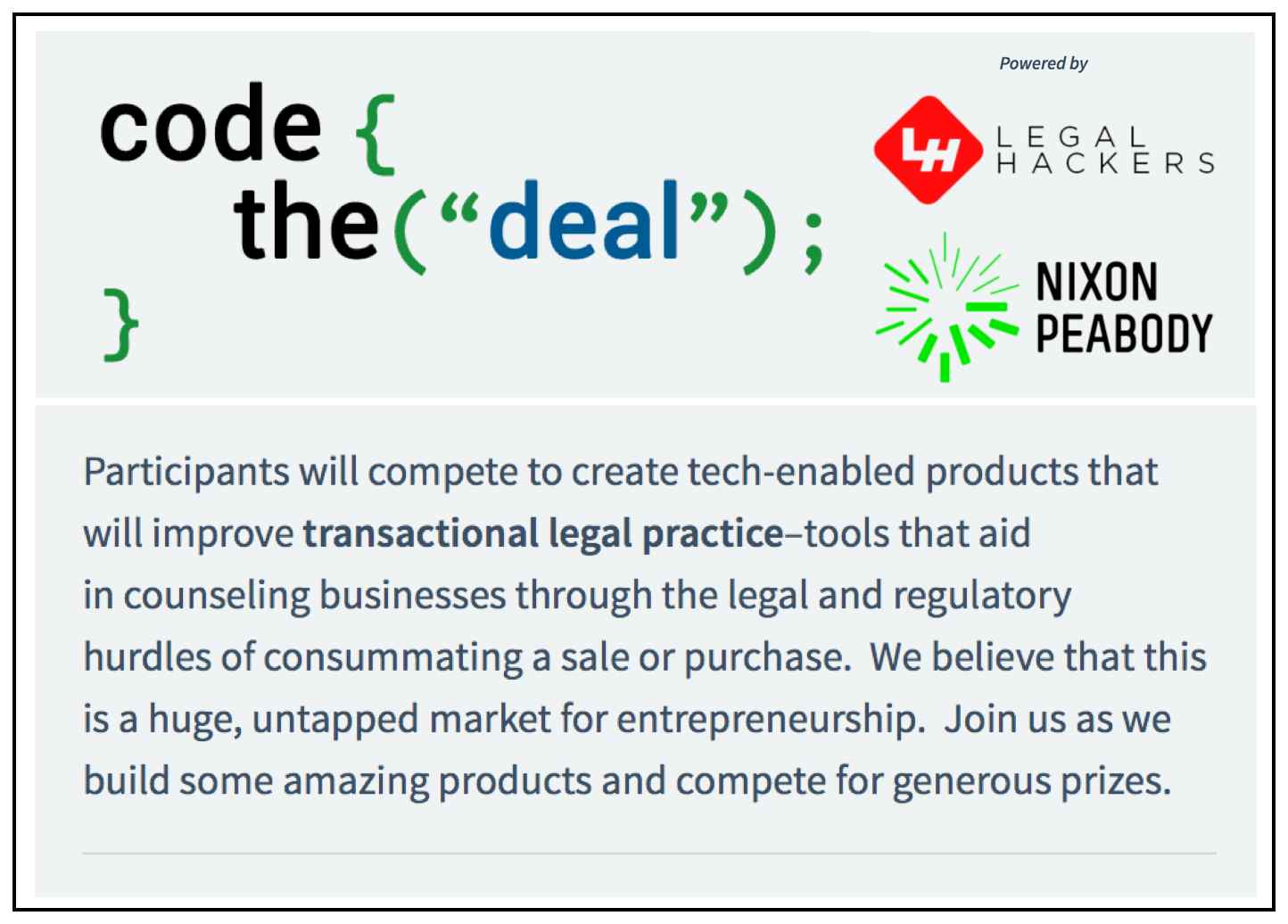Tag: innovation
Chicago Legal Innovation & Technology Meetup (@Skadden in Chicago)
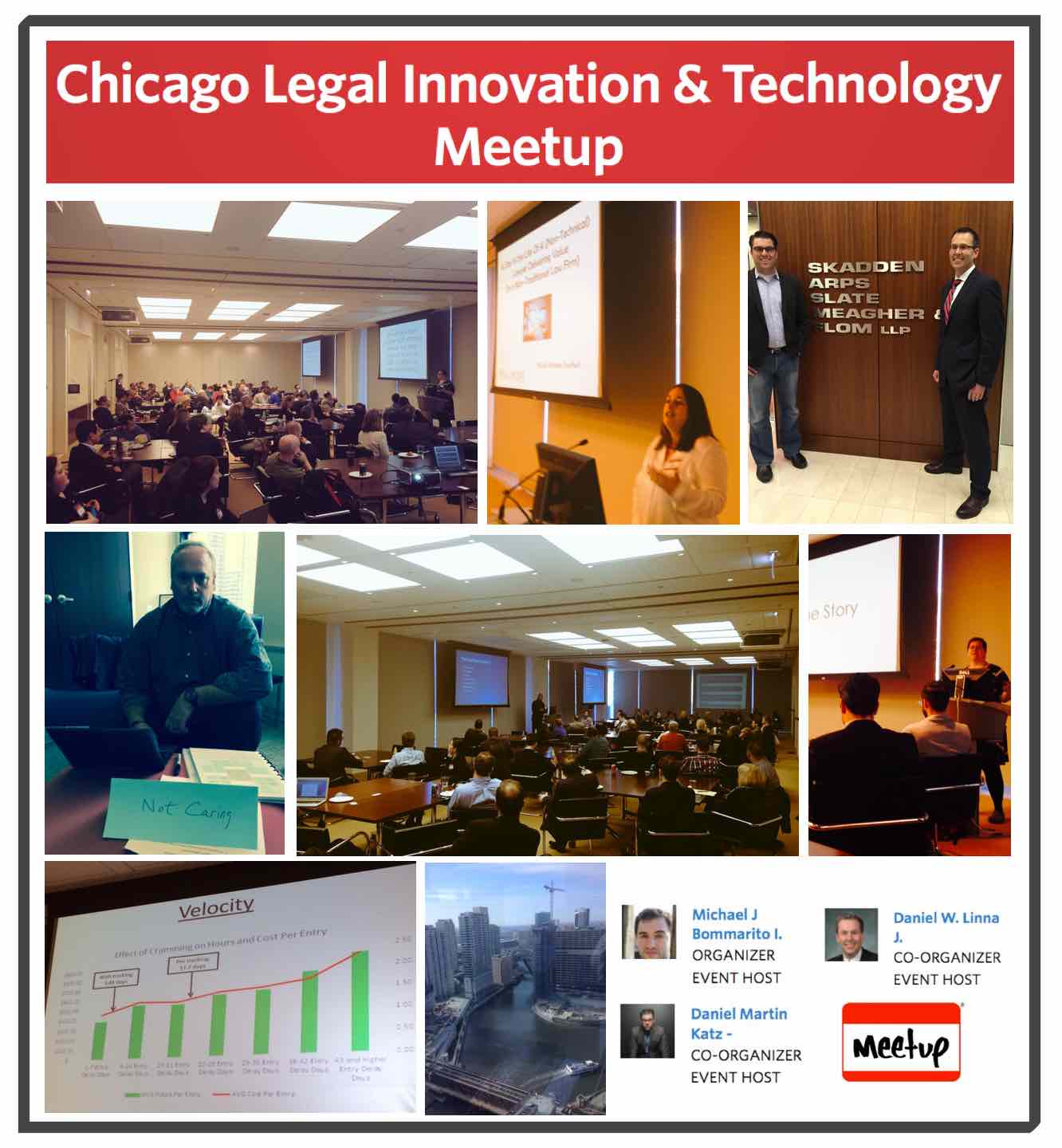 Thanks to everyone who joined us last night @Skadden for the Chicago Legal Innovation & Technology Meetup. Our next meeting is at Chapman & Cutler in May with a series of additional events in the months to come …
Thanks to everyone who joined us last night @Skadden for the Chicago Legal Innovation & Technology Meetup. Our next meeting is at Chapman & Cutler in May with a series of additional events in the months to come …
Daniel Martin Katz to Join IIT Chicago-Kent Faculty to Support Chicago Kent’s Ongoing Initiative to Build the Preeminent Law & Technology Program in the Country
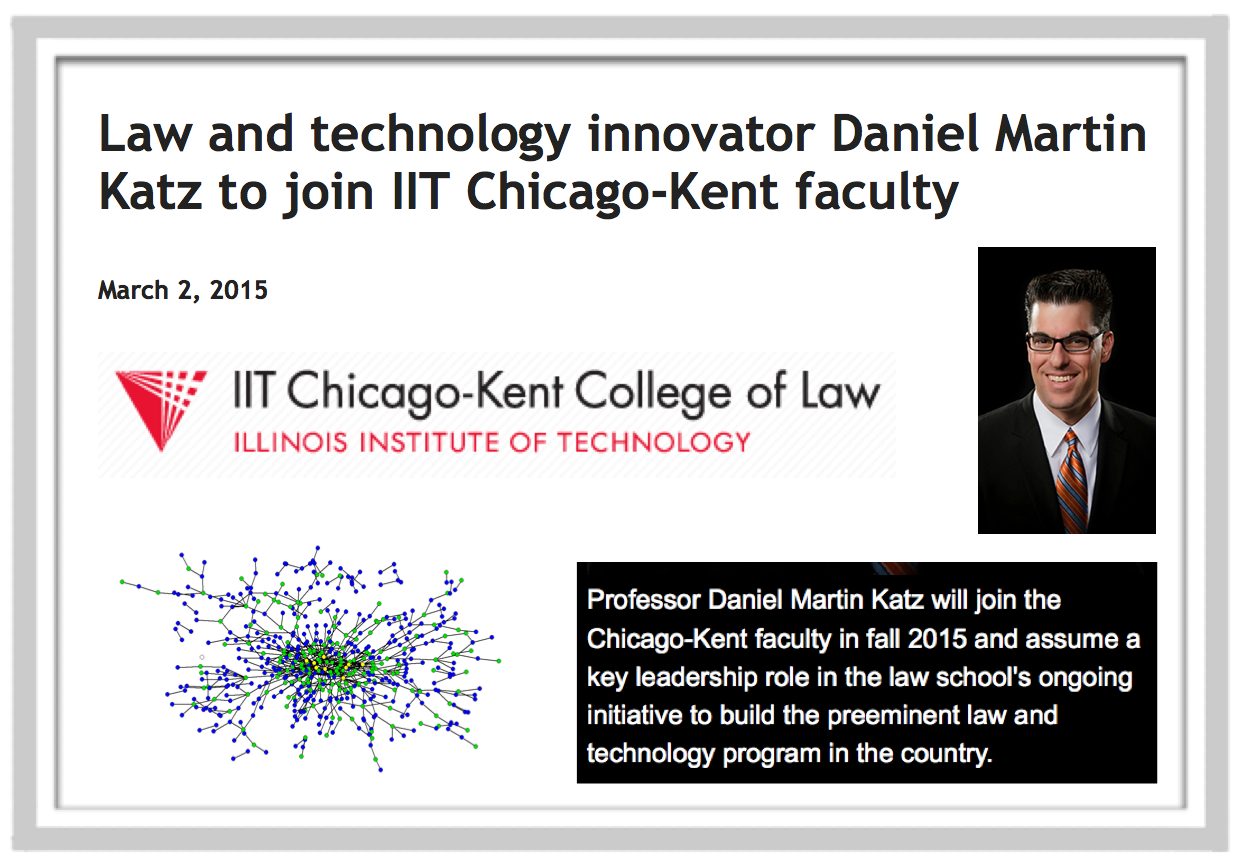 I am excited to announce that I am leaving MSU to join the Chicago-Kent College of Law where I have accepted a lateral offer starting this summer.
I am excited to announce that I am leaving MSU to join the Chicago-Kent College of Law where I have accepted a lateral offer starting this summer.
It is has been a good run here at MSU Law and wish my MSU colleagues all the best.
The opportunity to be part of one of the long standing and premier law+tech programs is extremely exciting and I look forward to doing great things with my new colleagues at Chicago Kent. As noted in the press release, I am excited to “assume a key leadership role in the law school’s ongoing initiative to build the preeminent law and technology program in the country!”
More to come starting this summer …
Legal Tech NYC 2015 – A Short Recap #LTNY #LTNY15
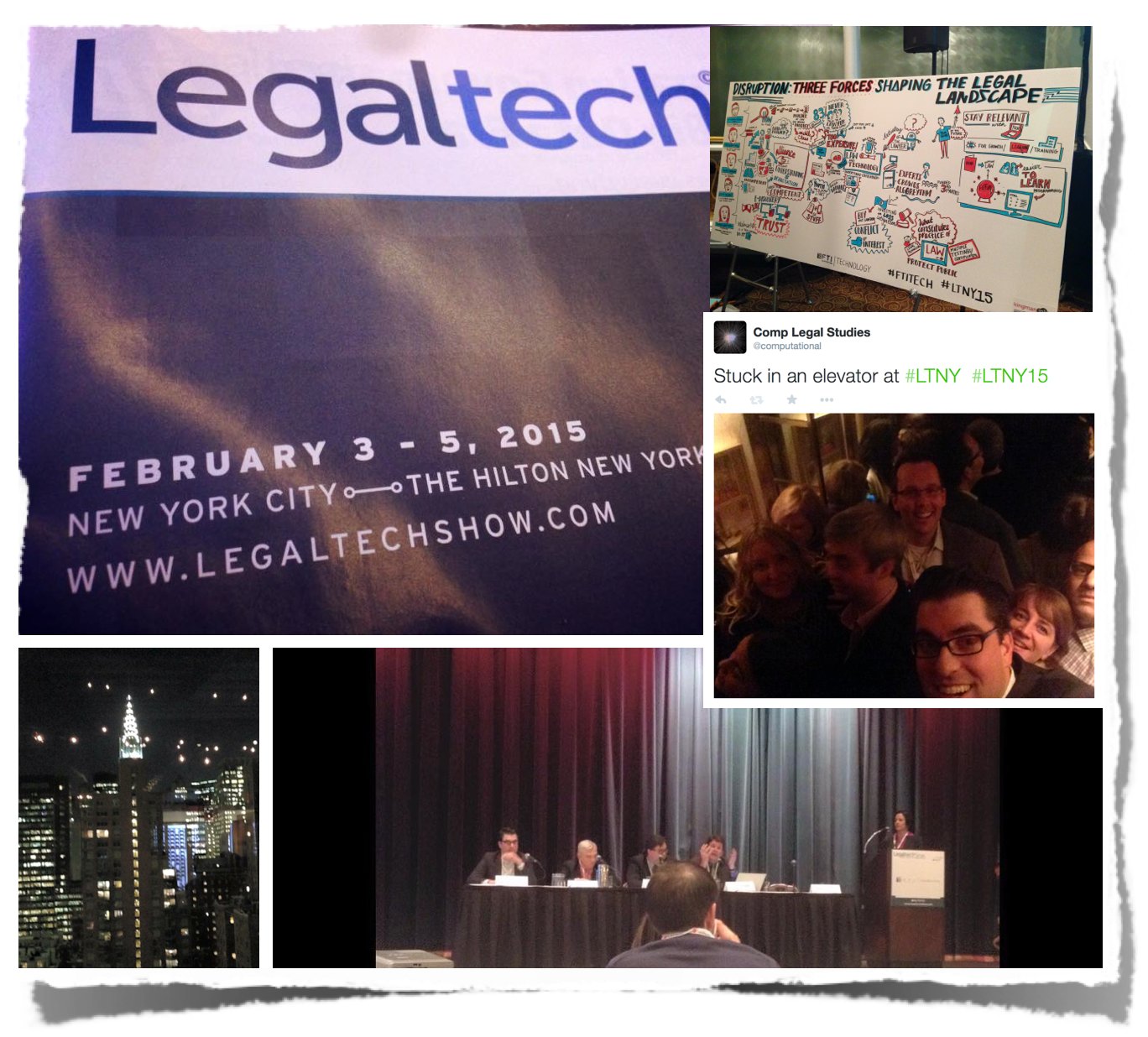 Some scenes from my LegalTech NYC 2015 experience in the pictures above (including getting stuck in an elevator).
Some scenes from my LegalTech NYC 2015 experience in the pictures above (including getting stuck in an elevator).
As Oliver Goodenough has noted – #LegalTech NYC features between “$20 billion to $30 billion a year in commercial activity.” Curated by Stanford CodeX (where I am now an external faculty affiliate) and Mike Bommarito is a fellow, this year’s legal tech offered ten early to mid stage legal tech startups who collectively cover a wide range of practice areas.
I presented on a panel sponsored by FTI Technology which featured Judge John Facciola (United States Magistrate Judge in the District of Columbia), David Horrigan (451 Research) and Cliff Nichols (Day Pitney).
Check out a Cartoonist’s recap of our panel! #LTNY #LTNY15
Legal Analytics – Introduction to the Course – Professors Daniel Martin Katz + Michael J Bommarito
Here is an introductory slide deck from “Legal Analytics” which is a course that Mike Bommarito and I are teaching this semester. Relevant legal applications include predictive coding in e-discovery (i.e. classification), early case assessment and overall case prediction, pricing and staff forecasting, prediction of judicial behavior, etc.
As I have written in my recent article in Emory Law Journal – we are moving into an era of data driven law practice. This course is a direct response to demands from relevant industry stakeholders. For a large number of prediction tasks … humans + machines > humans or machines working alone.
We believe this is the first ever Machine Learning Course offered to law students and it our goal to help develop the first wave of human capital trained to thrive as this this new data driven era takes hold. Richard Susskind likes to highlight this famous quote from Wayne Gretzky … “A good hockey player plays where the puck is. A great hockey player plays where the puck is going to be.”
Innovation and Emerging Legal Technology (Slides by Ron Dolin from Stanford Center on the Legal Profession)
This past Thursday Ron Dolin and I spole on a panel at the 19th Annual Thomson Reuters Legal Executive Institute Law Firm Leaders Forum. Above are Ron’s slides which many of you might find interesting. Below is a modified version of my presentation Five Observations Regarding Technology and the Legal Industry (which I gave at the LegalWeek Corporate Counsel Forum last month).
Thanks to Ralph Baxter (Chairman Emeritus @ Orrick) for inviting me to present to this extremely accomplished group of AMLaw 200 managing partners.
The MIT School of Law? A Perspective on Legal Education in the 21st Century (Forthcoming in Illinois Law Review)
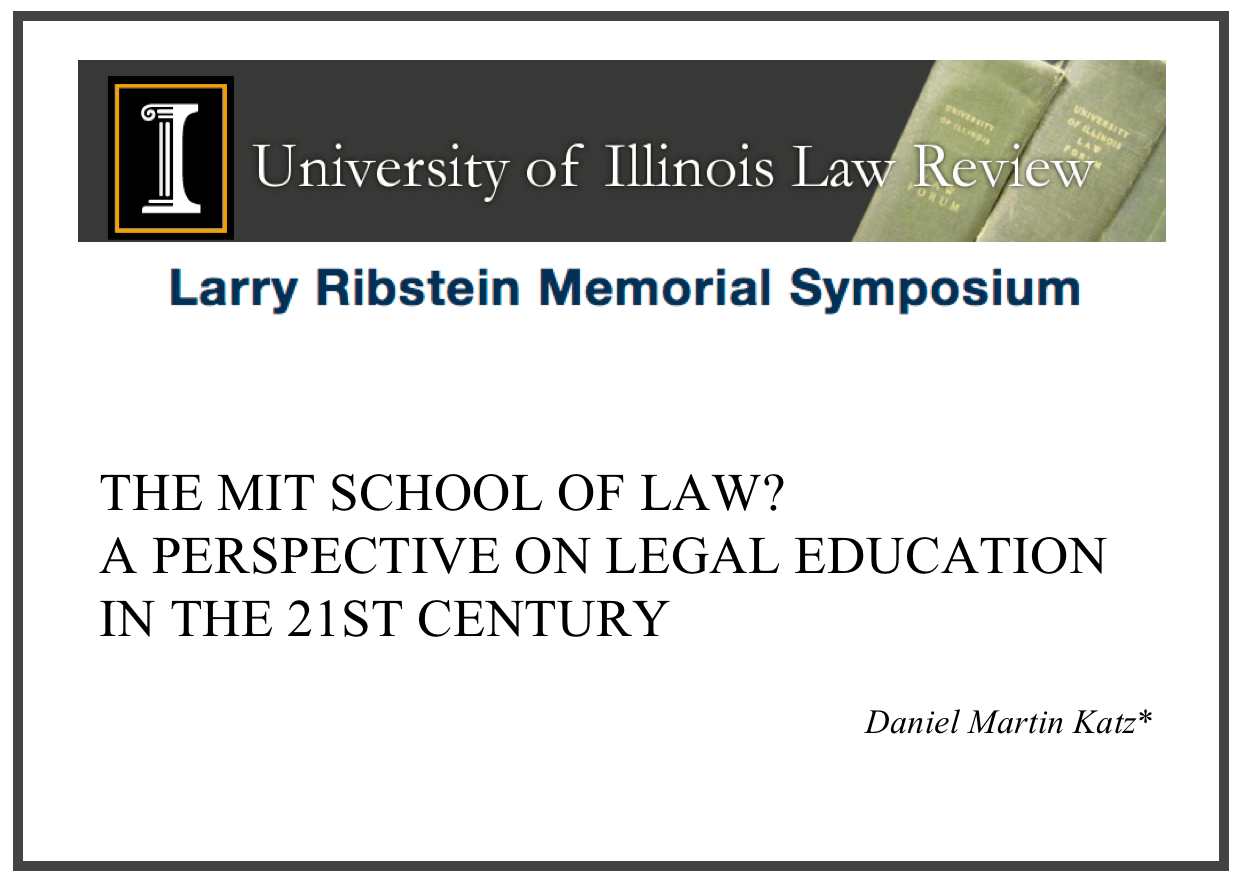 ABSTRACT: “Despite some of the blustery rhetoric attendant to the ongoing market transition, lawyers and the market for legal services are not going away. Lawyers serve integral roles in a wide variety of social and political systems. Their work supports the proper functioning of markets and helps individuals and organizations vindicate their respective rights. At the same time, the processes associated with completing their work—as well as the contours of their respective expertise and judgment—are already changing. These changes are being driven by a number of economic and technological trends, many of which Larry Ribstein identified in a series of important articles published in the years before his untimely death.
ABSTRACT: “Despite some of the blustery rhetoric attendant to the ongoing market transition, lawyers and the market for legal services are not going away. Lawyers serve integral roles in a wide variety of social and political systems. Their work supports the proper functioning of markets and helps individuals and organizations vindicate their respective rights. At the same time, the processes associated with completing their work—as well as the contours of their respective expertise and judgment—are already changing. These changes are being driven by a number of economic and technological trends, many of which Larry Ribstein identified in a series of important articles published in the years before his untimely death.
This Essay is offered as part of a symposium honoring the work of the late Larry Ribstein. It is a thought exercise about a hypothetical MIT School of Law—an institution with the type of curriculum that might help prepare students to have the appropriate level of substantive legal expertise and other useful skills that will allow them to deliver value to their clients as well as develop and administer the rules governing markets, politics, and society as we move further into the 21st Century. It is a blueprint based upon the best available information, and like any other plan of action would need to be modified to take stock of shifting realities over time. It is not a solution for all of legal education. Instead, it is a targeted description of an institution and its substantive content that could compete very favorably in the existing and future market. It is a depiction of an institution whose students would arguably be in high demand. It is a high-level sketch of an institution that would be substantively relevant, appropriately practical, theoretically rigorous and world class.
Part I offers an introduction to the question. Part II sets the stage by highlighting several recent trends in the market for legal services. Taking stock of those trends, Part III highlights an alternative paradigm for legal education and describes the polytechnic style of legal education that students might obtain at an MIT School of Law. Part IV carries through on that basic thought experiment by describing the process of attracting, training, and placing students that would occur at MIT Law. Part V provides some concluding thoughts.”
Available at: Daniel Martin Katz, The MIT School of Law: A Perspective on Legal Education in the 21st Century, 2014 Illinois L. Rev (Forthcoming)

